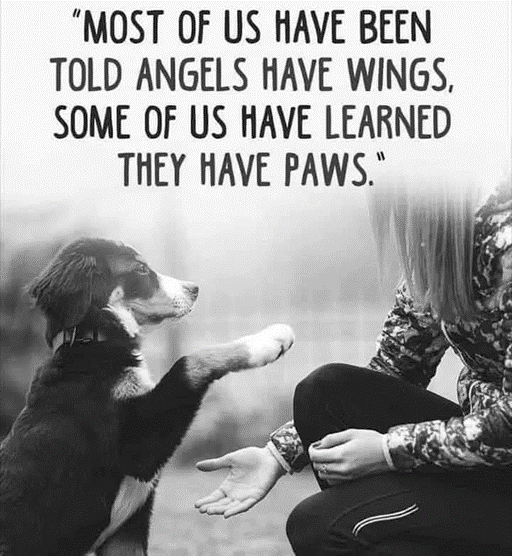by Andy Khong
We have a deep, ancient, and sacred connection with dogs. Biologically, it is a long-term relationship, where we stand beside each other in friendship or battle, to secure survival and protect what we treasure. These relationships have played a vital role in human culture and society.
Dogs are closely related to wolves, and share a common ancestor. The genetic similarity between dogs and wolves is quite high, with the two species sharing over 99% of their DNA. In fact, dogs are considered a subspecies of the gray wolf (Canis lupus familiaris). 🐺
Dogs were domesticated from wolves around 15,000 years ago, and over time, humans have selectively bred dogs for specific traits such as size, coat colour, and temperament. These breeding efforts have led to the development of hundreds of different dog breeds, each with unique characteristics. Despite this diversity, all dogs share a common ancestor, and are genetically very similar to wolves.

Today dogs have become our best friend providing us with protection, companionship, hunting and herding assistance. In co-evolution, no other species other than a dog has been so integrated into human society. Dogs share 84% of their DNA with humans, defer to, and look up to us as their ‘leader’ of the pack.
Dogs are exemplary spiritual teachers for us concerning forgiveness of the faults of people, unconditional love, and the benefits of group mentality. Connection with a dog can be a source of wisdom, and spiritual clarity. They are life’s wisest teachers as they show us what it means to be good, and frequently serve as a mirror of our better selves. Imagine their devotion and desire for physical attention when they linger at your feet pleading for attention with their wet round eyes.
When humans interact with dogs, several hormones are known to be affected, including:
- Oxytocin: Often referred to as the “love hormone”; oxytocin is released when humans interact with dogs, especially when they pet or gaze into their eyes. This hormone is associated with love and social bonding, trust, and relaxation.
- Dopamine: This hormone is linked to “pleasure and reward”, and is released when humans interact with dogs, especially during playtime or other enjoyable activities. When your dog licks you, it is a sign of affection to show that they love you, and it also feels pleasant to your dog as it releases endorphins in their brain (which reduces pain and discomfort like morphine, and makes a dog calmer, and more relaxed).
- Cortisol: This hormone is associated with regulating “mood”, stress, and is typically reduced in humans when they interact with dogs, leading to a more relaxed state, and improved mood.
- Prolactin: This hormone is involved in parental behavior and nurturing, and is often elevated in both humans and dogs during interactions such as petting or snuggling.
Overall, interacting with dogs can have a positive impact on human physiology, increasing feelings of happiness, relaxation, and social connection.
The common persona of a healthy and happy dog is attachment to family, excitement about the simple things in life, and the desire to please. Undying affection, trust, and loyalty are what we get in return when we treat dogs with compassion.

Jean Houston wrote in her book, Mystical Dogs: Animals as Guides to Our Inner Life asks “How often do you dream of animals, have visionary experiences that involve animals, follow pathways into inner space guided by animals? Animals stretch our boundaries, prompt us to ask great questions again of ourselves and of existence.” Dogs are holy guides to the unseen worlds, to show us an insight into our wounded minds. This insight will heal us psychologically as our loving cuddly side may be secretly longing for a good old-fashioned belly scratch.
That’s why dogs are our best friend, renowned for their therapeutic ability to make us feel at ease; they provide emotional support and companionship, and interacting with dogs can help reduce stress, anxiety, and depression. Remember that dogs always deliver this message to us, “When you are lonely, weary, overwhelmed by life’s burdens, I am here. Woof!” 🐩.
For your health and well-being, don’t forget to take your Doggie Medicine today! Woof-Woof!!! 🐕 🐶.







